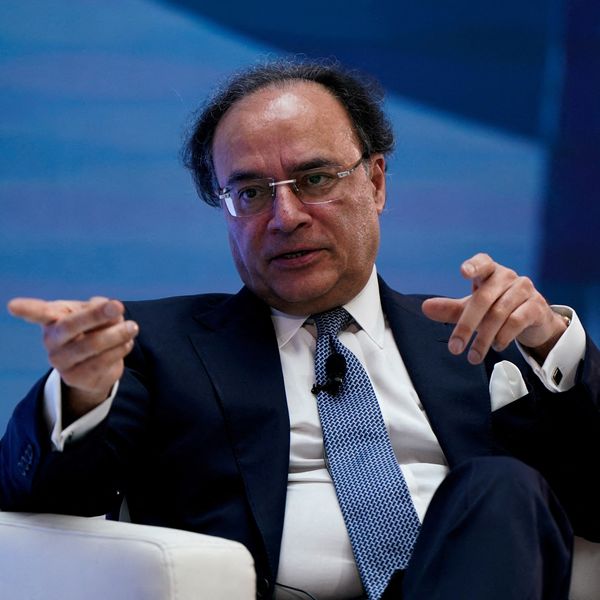Pakistan gets whopping PKR556B as tax from salaried class
Data shows public, private employees shouldering disproportionate withholding tax burden
Business Desk
The Business Desk tracks economic trends, market movements, and business developments, offering analysis of both local and global financial news.

FBR collects record PKR 146 billion as withholding tax on electricity during FY25
Pakistan’s revenue collector has reported a record increase in withholding tax collections during fiscal year 2024–25, with major contributions coming from salaried individuals and electricity consumers — a trend that highlights both improved enforcement and ongoing tax equity challenges.
The Federal Board of Revenue (FBR) data showed the salaried class contributed a record PKR 556 billion in withholding income tax, representing a 53% increase from PKR 363 billion in the previous fiscal year. This sharp rise highlights the government’s growing reliance on fixed-income earners for tax revenue.
Employees in the private sector led the way, contributing PKR 402 billion in FY25 — a 46% increase from PKR 275 billion the year before. Revenue collection from public sector workers also showed significant growth with federal government employees paying PKR 54.12 billion, up from PKR 36.95 billion and provincial employees nearly doubling their contributions to PKR 99.52 billion from PKR 50.32 billion, marking a 98% jump.
Tax experts said the numbers once again bring attention to Pakistan’s narrow tax base, with salaried professionals bearing a disproportionate share of the burden due to easier enforcement through paycheck deductions. “The challenge remains to bring other sectors into the tax net, especially those with historically low compliance,” a tax analyst commented.
In parallel, the FBR also recorded strong growth in withholding tax on electricity, collecting PKR 146 billion during FY25 — a 13.5% increase from PKR 128.29 billion in FY24. The tax collected through monthly electricity bills under Section 235 of the Income Tax Ordinance, 2001, is levied on domestic, commercial, and industrial consumers.
Industrial users were the largest contributors, with collections rising 24% to PKR 78.22 billion, up from PKR 63.24 billion. Domestic consumers contributed PKR 9.26 billion, a 37% rise from PKR 6.76 billion, while collections from commercial users dipped by 1% to PKR 57.69 billion.
Officials noted the growth in tax from electricity bills reflects both higher energy consumption and improved compliance mechanisms. However, they warned that revenue under this head could slow in the coming months as the government considers lowering electricity tariffs to ease inflationary pressure and support industrial growth.
Together, the data highlights how Pakistan’s tax machinery continues to rely heavily on traceable income sources while efforts to widen the tax net across informal and under-taxed sectors remain a work in progress.










Comments
See what people are discussing